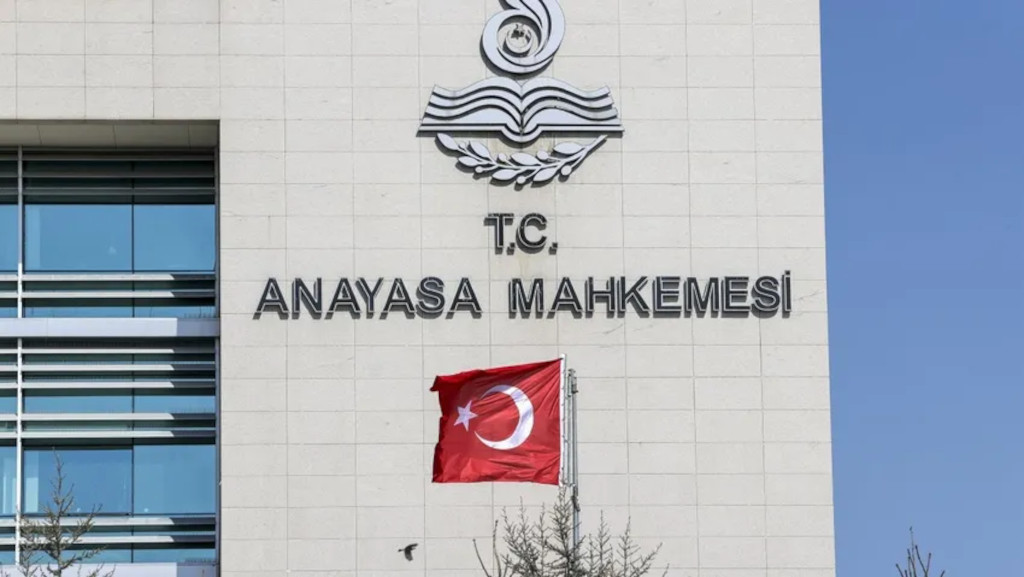Press organizations in Turkey have called on the country’s Constitutional Court to annul a controversial article of a media law which they say is used to silence journalists on accusations that they are spreading false information, the Voice of America Turkish edition reported.
The Constitutional Court will on Wednesday discuss an application made by the main opposition Republican People’s Party (CHP) demanding the annulment of Article 29, which amends the Turkish Penal Code by adding a provision — Article 217/A — that would subject persons found guilty of publicly disseminating “false or misleading information” to between one and three years in prison and would increase by half the penalty for offenders who hide their identity or act on behalf of an organization.
The new legislation went into effect in October 2022 and consists of 40 articles amending several laws, including the Internet Law, the Press Law and the TCK.
The law, known as the “disinformation” law, which was passed in October 2022 and signed by President Recep Tayyip Erdoğan, has drawn widespread criticism from rights groups and the opposition for further restricting freedom of expression in Turkey.
Last week journalist Tolga Şardan from the T24 news website was arrested following his report on alleged corruption in the Turkish judiciary on charges that he was spreading false information.
The Media and Law Studies Association (MLSA) sent a letter to the top court members ahead of their review of the controversial law and said at least 13 journalists have been detained for violating this law so far, while also raising the case of Şardan, who was arrested under the same law last week.
The MLSA said in its letter that the law is against the articles in the Turkish Constitution that guarantee freedom of thought and expression as well as the relevant articles of the European Convention on Human Rights.
The MLSA said annulment of Article 29, which it said “criminalizes” the professional activities of journalists, will lead to relief for journalists and the free media and also raise hopes about the future of Turkish democracy to a certain extent.
MLSA co-director Veysel Ok told VOA Turkish that Turkish authorities have confirmed the concerns he raised before approval of the “disinformation” law: that it will eradicate freedom of the press in the country, will prevent journalists from engaging in their profession and will be used as a weapon in the hands of the government.
Ok said the law lacks predictability due to the absence of an exact definition of misleading or false information. He also said that at a time when there are concerns about the independence and impartiality of the judiciary, judges are likely to use this law to prevent the spread of information unfavorable to the government while only allowing the dissemination of information that is favorable to it.
“Our expectation [from the top court] is the revocation of this law,” said Ok, adding that it is also necessary to prevent reporting of the news by only a certain group of media outlets.
Turkey, where the judiciary is criticized for being under the control of the government, was ranked 117th among 142 countries in the rule of law index published by the World Justice Project (WJP) last month.
Reporters Without Borders (RSF) Turkey representative Erol Önderoğlu said everyone has seen over the past year that the “disinformation” law was used to harass journalists, unlike what former justice minister Bekir Bozdağ promised.
Önderoğlu said he hopes the Constitutional Court considers the pressure the law has imposed on journalists and will immediately cancel it.
“Unfortunately, the Constitutional Court is left as the last remedy for journalists in Turkey,” he said.
According to RSF, 90 percent of the national media in Turkey, which was ranked 165th among 180 countries in the RSF’s 2023 World Press Freedom Index, is owned by pro-government businessmen and toe the official line.



